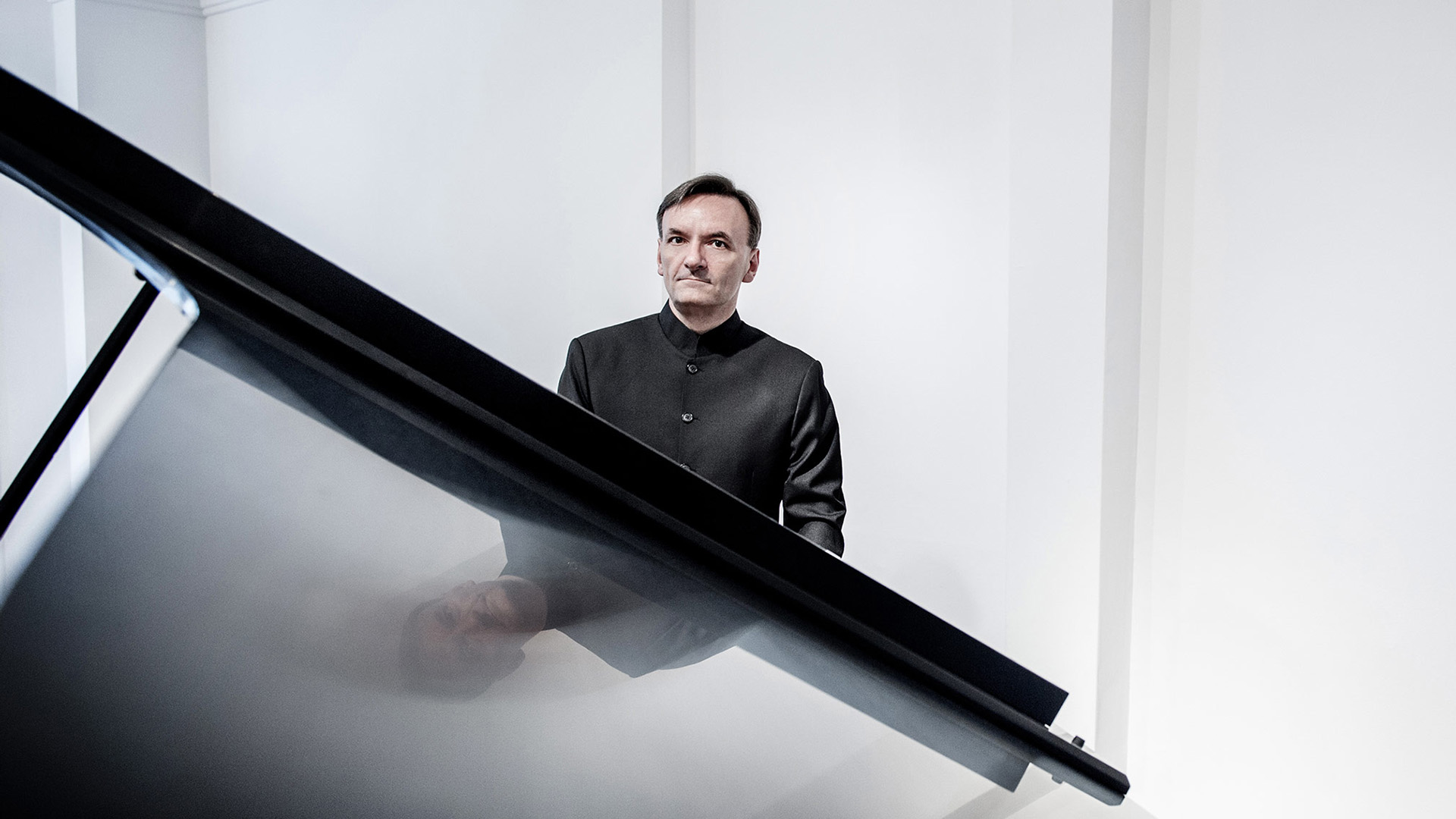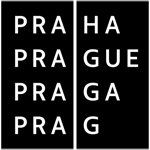Beethoven. Brahms
Tickets: CZK 500–1,300 | Standing room: CZK 200
The final concert requires an adequate program that will bring the season to its climax. Such a program shall feature works by the most influential composers in history who are of fundamental importance for our orchestra. We have listened to the music by Ludwig van Beethoven several times during the season, and at the last evening the time has come for his works for piano.
Beethoven’s five piano concertos stand at a crossroads between Classicism and Romanticism, and from an aesthetic point of view they represent a kind of beauty standards in piano art for many people. Piano Concerto No. 3 is quite firmly rooted in Classicism, especially in terms of form. However, its harmony and means of expression have been penetrated by bolder and more overtly emotional solutions: perhaps in keeping with the composer’s nature.
The concert will be performed by Sir Stephen Hough, a renowned pianist with a remarkable concert career, discography and composing history. His complete recordings of Beethoven’s piano concertos have been critically acclaimed.
The Gramophone magazine paid a tribute to the quality of Stephen Hough’s interpretation of Piano Concerto No. 3, which may serve as a promotion of the concert tonight.
The second half of the evening will feature Brahms’s Symphony No. 2 in D major under the baton of Emmanuel Villaume. Brahms felt so indebted to Beethoven’s legacy that it paralyzed him: he had been writing his First Symphony for years. By contrast, his Second Symphony was created in just a year.
In it, Brahms emphasizes melancholy, even sadness, underlying the lyrical, almost pastoral character of the work, which contains, among other things, a paraphrase of Brahms’s most famous melody – the Lullaby.











